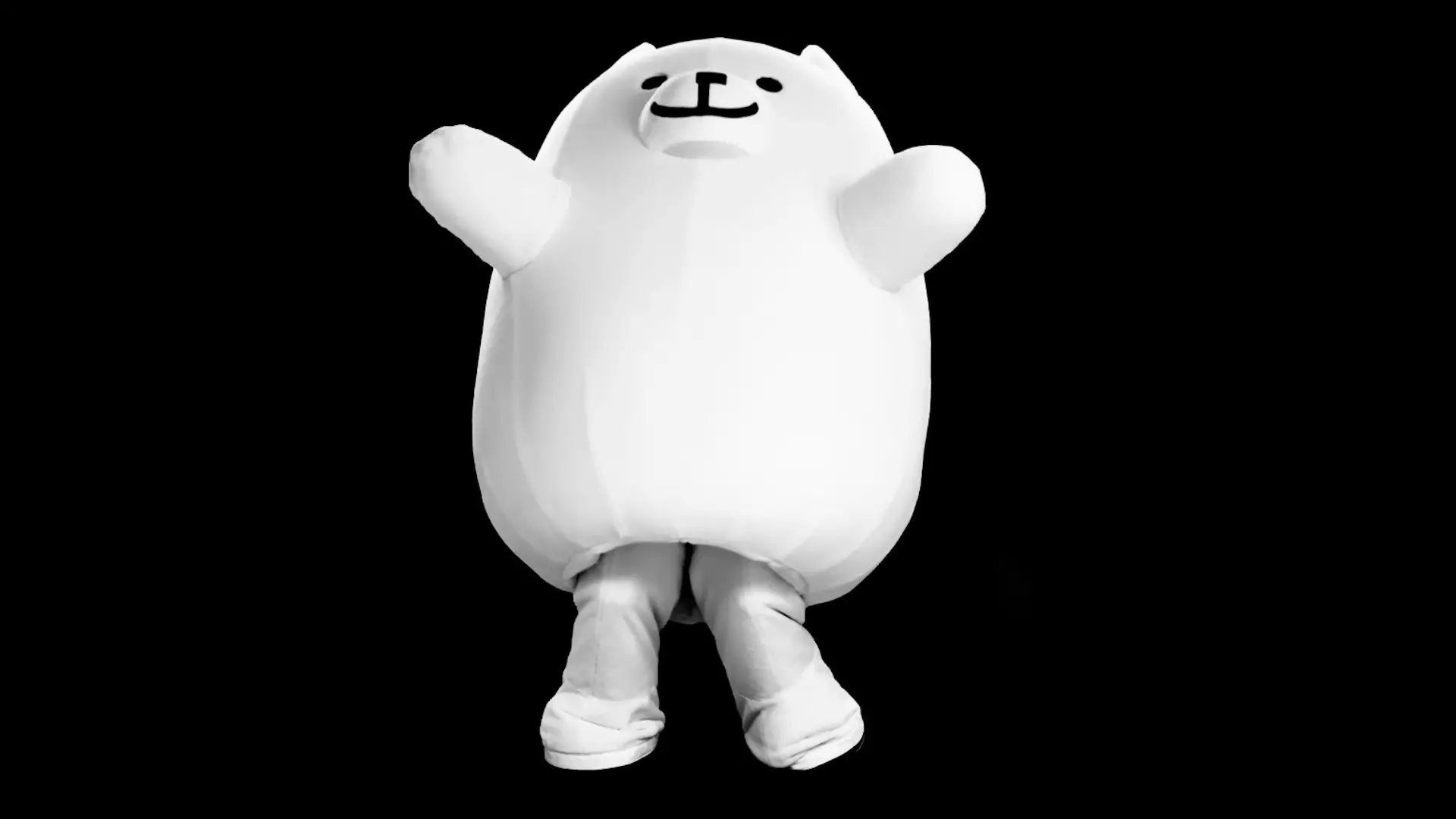In the expansive universe of indie gaming, few developers have captured the imaginations of players quite like Toby Fox, creator of the beloved *Undertale* and its spiritual successor, *Deltarune*. Among the myriad characters populating *Deltarune*, Tenna stands out as an unexpected hit. But what many fans may not realize is that Tenna’s journey began long before his debut as a formidable antagonist in *Deltarune Chapter 3*. Initially conceived as an ambitious 3D creation utilizing the Xbox Kinect for animating fluid movements, the character’s evolution reflects both the limitations and the creative capacities of Fox as a developer.
Fox shared insights regarding Tenna’s origin through social media, revealing a treasure trove of abandoned concepts that predated his eventual polished appearance. His candidness offers a rare window into the developmental process, where dreams of grandeur often encounter the stark realities of feasibility. Tenna, it turns out, was not merely slapped together; he has roots that stretch back to 2016, a time when Fox envisioned a character capable of surreal movements, complete with rotoscoped animations. But like many great ideas, it seems that vision did not come to fruition, leaving a trail of hypothetical creativity in its wake.
The Burden of Expectations
It’s easy to overlook the challenges that developers like Fox face when introducing new characters. With the overwhelming success of earlier characters like Spamton, Fox expressed concerns that Tenna could be misconstrued as a derivative or “budget” version of his predecessors. Such anxieties are not unfounded; fanbases can be notoriously vocal, often clamoring for originality while simultaneously celebrating familiar archetypes. Fox’s relief that players embraced Tenna as a unique entity speaks volumes about the character’s carefully executed design elements and storytelling.
Interestingly, Fox’s acknowledgment of his initial failures and the subsequent decisions for the character’s development adds depth to the narrative of creativity itself. He seems to be aware that innovation is often a messy process, grounded in experimentation and plenty of trial and error. The character’s eventual incarnation as the antagonist in *Deltarune* showcases a blend of lessons learned and artistic growth, adhering to the principle that sometimes, abandoning an idea can lead to a stronger outcome.
The Special Team Behind Tenna
A particularly noteworthy aspect of Tenna’s creation is the collaborative effort involved. Fox’s self-deprecating comments about needing help to give Tenna life highlight the importance of teamwork in creative projects. While he initially designed Tenna and imagined his poses, the heavy lifting was performed by a talented team of collaborators, each contributing their unique expertise to model, animate, and refine the character. This not only cements Tenna’s place within the *Deltarune* lore but also serves as a reminder of the collaborative nature of game development.
The revelation that artists such as Chelsea Saunders, known for her previous work on 3D characters, contributed to Tenna underscores the intricate web of talent required to bring a vision to fruition. In a medium often dominated by solo developers, Fox’s reliance on a diverse skill set reveals the intricacies involved in crafting a multi-faceted gaming experience. This orchestration of talents reflects a larger trend in game design where collaboration trumps solitary genius; it brings fresh ideas to bear on projects, enriching the final product.
Transcending Abandonment: The Legacy of Tenna
Interestingly, Fox’s initial aspirations for 3D dance animations using MikuMikuDance provide an illuminating context about his creative process. Though eventually discarded, these ideas speak to a greater narrative of experimentation and potential that underpins indie game development. While fans might lament the loss of these whimsical visions, it wouldn’t be outlandish to anticipate that the community may pick up the baton, creating their interpretations and animated tributes in the spirit of Fox’s original dreams.
Ultimately, Tenna embodies more than just a well-designed antagonist in *Deltarune*; he is a testament to the ongoing journey of artistic exploration. From the ruins of abandoned concepts to the shimmering success of his current design, Tenna represents the tangled, often unpredictable, but rewarding paths game developers traverse. As Fox continues to navigate the complexities of creativity, Tenna stands as a symbol that sometimes, the most compelling stories arise from ideas that seemed destined for the cutting room floor.

